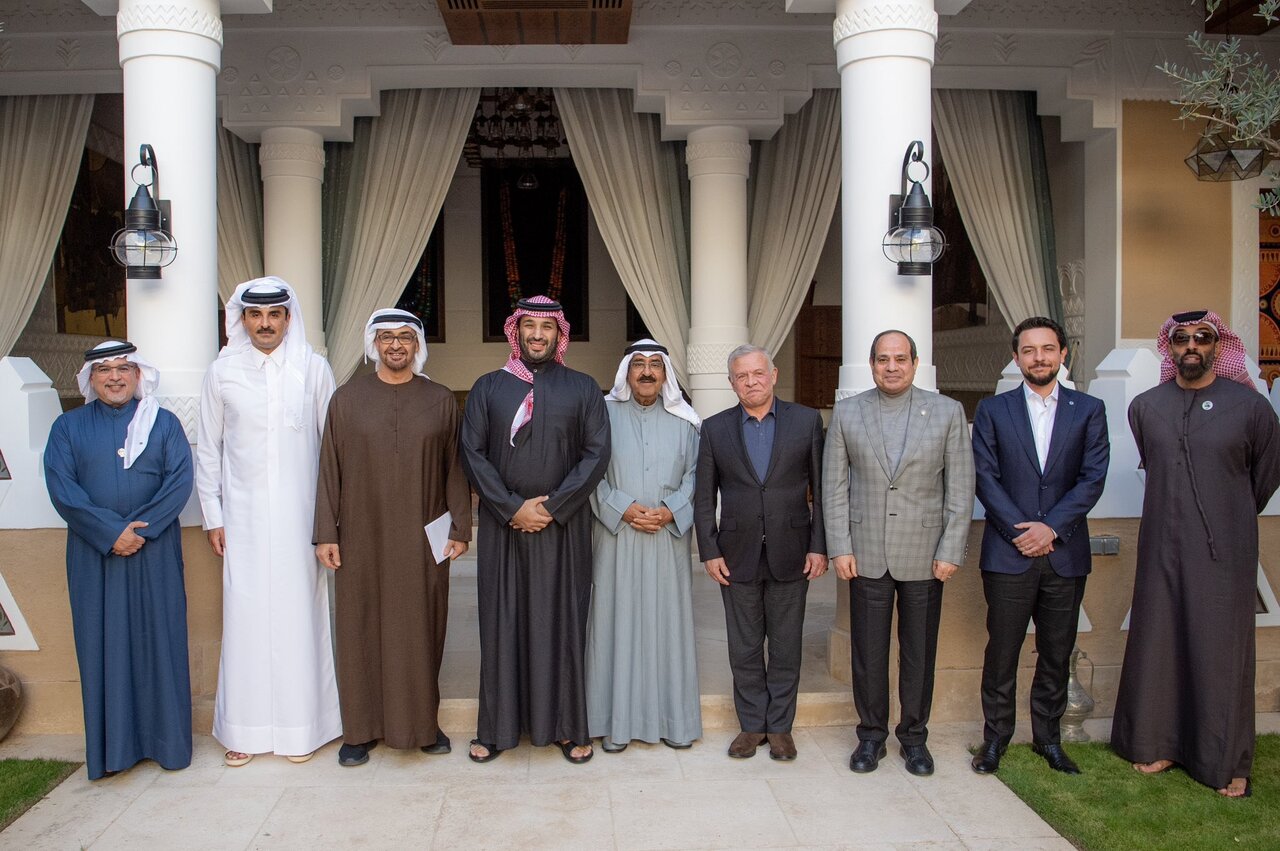‘Unprecedented Arab abandonment:’ What Hamas means, and why Gaza calls it betrayal

TEHRAN – On the second anniversary of October 7’s Operation Al-Aqsa Storm, Hamas issued a statement that landed like a verdict, denouncing what it called “shameful international silence and complicity, and unprecedented Arab abandonment.”
Those words are not merely rhetoric inside Gaza; they are a political diagnosis offered by a society that has been shelled, starved, and repeatedly displaced.
The statement seeks to do more than remember martyrs — it accuses regional rulers and global powers of trading Palestinian dignity for stability and deals while Gaza burns.
“Arab abandonment,” as Hamas frames it, points to a rupture in expectations. For generations, Palestinians expected Arab capitals to translate public solidarity into political leverage.
Instead, normalization deals, large-scale trade partnerships, and security alignments have rewired incentives.
Economic ties between Israel and its Arab partners have grown into an axis of practical cooperation that makes punitive diplomacy costly for those states — even as public outrage across the region remains high.
Arab Barometer polling shows support for normalization has collapsed in much of the region; popular anger still exists even if governments act otherwise.
Abandonment is visible in policy choices. In July 2025, the Arab League urged a postwar horizon in which Hamas would disarm, and it would be removed from Gaza’s governance — a declaration criticized in Gaza as sidelining the very people on whose fate the plan turns.
At home, several Arab governments criminalized or cracked down on protests and solidarity actions that once helped build diplomatic pressure; activists and civic groups report detentions and limits on assembly.
Meanwhile, the high-profile Global Sumud Flotilla — composed largely of European activists who braved the seas to deliver aid and register solidarity — was intercepted and blocked, yet its symbolic defiance arguably generated more global pressure than the empty statements issued by Arab states.
The contrast is stark: foreign activists risked Israeli drone strikes and prison cells, while Arab governments repressed their own populations, preventing them from marching, protesting, or even sending humanitarian convoys.
The contrast is even starker when looking at Yemen’s Ansarullah. While Arab governments shared intelligence with the U.S. and Israel to facilitate strikes on Yemen, Ansarullah opened a new front in solidarity with Gaza, targeting Israeli-linked shipping despite enormous risks, and launching missile and drone strikes on Israel.
Even as Israel expanded its aggression on Yemen, killing civilians and officials and laying waste to infrastructure, U.S. bombardments under both Biden and Trump failed to neutralize the group’s capabilities.
Here lies the paradox: a besieged Yemeni movement under constant airstrikes showed greater readiness to act for Gaza than wealthy Arab states, whose leaders confined themselves to hollow condemnations, normalization deals, and repression of their own people’s protests.
Such alignments have coincided with the steady support of Washington, the Arab world’s key ally, which continues to provide Israel with arms, intelligence, and diplomatic cover.
Additionally, the so-called Trump peace plan episode crystallized the political sidelining that Hamas describes.
Senior Hamas figures have said they were not consulted before the White House unveiled a 20-point proposal; reporting showed Israeli leaders shaped key edits and that Hamas was effectively presented with a sealed deal to accept or reject under pressure.
For Palestinians who prize agency and have not given up even after nearly a century of resisting colonialism and dispossession, the optics were stark: a plan with massive consequences for Gaza’s governance and the resistance’s future was forged around them, not with them.
This is why the anniversary’s refrain about “steadfastness” matters. When peaceful channels, regional leverage, and political inclusion shrink, resistance — political and social — fills the vacuum.
To Palestinians, this is not simply a choice but a necessity born of exclusion. The message of October 7, repeated two years later, is that the struggle continues not because it is easy, but because all other doors have been closed.
And here lies the challenge to the Arab world and the international community. The cost of silence and abandonment is already written into Gaza’s ruins — a graveyard of over 67,000 souls.
Whether regional leaders reclaim the cause or continue trading it away, Palestinians have made clear they will endure — rooted in their land, carrying their martyrs, and keeping their eyes fixed on Al-Aqsa.
Two years on, that unbroken resolve is the truest response to betrayal, and the deepest warning that Palestine’s story is not yet finished.
